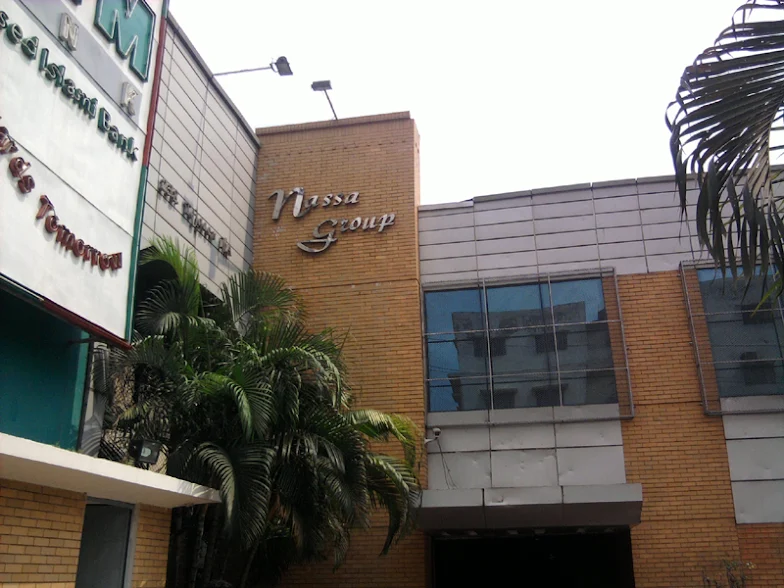02/12/2026

After Beximco, now Nassa Group to get govt support
Special Correspondent | Published: 2025-08-19 12:17:21

The government has decided to extend policy support to Nassa Group, one of Bangladesh’s largest garment manufacturers, to help the company keep its factories running and ensure thousands of workers continue receiving their salaries.
The move mirrors an earlier intervention for Beximco Group.
According to officials, the support will allow banks to open back-to-back letters of credit (LCs) for the group, even though several of its concerns are classified as loan defaulters.
Under the arrangement, proceeds from exports will first be used to pay workers’ wages and factory expenses before being applied to loan repayments.
The Ministry of Labour and Employment initiated the intervention, with Bangladesh Bank taking steps at the request of the Financial Institutions Division.
Officials fear that if Nassa’s factories close, labour unrest involving 25,000–27,000 workers could erupt, putting both livelihoods and the industry’s global image at risk.
At a meeting at Bangladesh Bank on Sunday with representatives of Nassa Group and seven creditor banks, details of the arrangement were discussed.
“Based on this meeting, Bangladesh Bank will decide the way forward. We hope all parties will act positively to protect workers, maintain export earnings, and keep factories running,” said Khandakar Mohammad Saiful Alam, vice chairman of the group.
He confirmed that while wages have been cleared up to June, the inability to open back-to-back LCs has pushed the group into crisis. July salaries remain unpaid, and workers have already staged protests.
Nassa Group’s Struggles
Founded in 1990, Nassa Group operates 34 factories in garments, textiles, spinning, and related sectors. Beyond apparel, it has interests in real estate and banking. Its chairman, Nazrul Islam Mazumder, once a powerful figure in the financial sector, has been in custody since October 2024 on charges of money laundering and corruption.
Following his arrest and the change in government in August 2024, the central bank froze his family’s accounts and removed him from chairmanship of Exim Bank and the Bangladesh Association of Banks. As a result, Nassa’s operations slowed sharply, banks stopped opening LCs and buyers halted orders. Factory output dropped, subcontracting was reduced, and defaults on bank loans increased.
According to Bangladesh Bank data, Mazumder borrowed Tk10,300 crore from 22 banks and one financial institution, with most loans now classified as non-performing. Despite this, Nassa still exported Tk900 crore worth of apparel through Shahjalal Islami Bank in 2024.
Government’s Rationale
Labour Secretary AHM Shafiquzzaman confirmed a policy decision had been made to sustain the group’s operations. “The company managed on its own for eight to nine months but cannot continue any longer. If factories close, workers will lose jobs, creating a serious risk of unrest,” he said.
Industry leaders also backed the intervention. BGMEA President Mahmud Hasan Khan said: “Nassa is fully export-oriented, and its products enjoy strong acceptance internationally. If management stays active, BGMEA will support efforts to overcome the crisis.”
The government took similar steps earlier this year, providing Tk525 crore to Beximco Group to clear wage arrears for more than 27,000 workers. With Nassa now in focus, authorities are trying to balance the need to protect workers and exports against the risks of supporting defaulting conglomerates.
Editor & Publisher : Md. Motiur Rahman
Pritam-Zaman Tower, Level 03, Suite No: 401/A, 37/2 Bir Protik Gazi Dastagir Road, Purana Palton, Dhaka-1000
Cell : (+88) 01706 666 716, (+88) 01711 145 898, Phone: +88 02-41051180-81